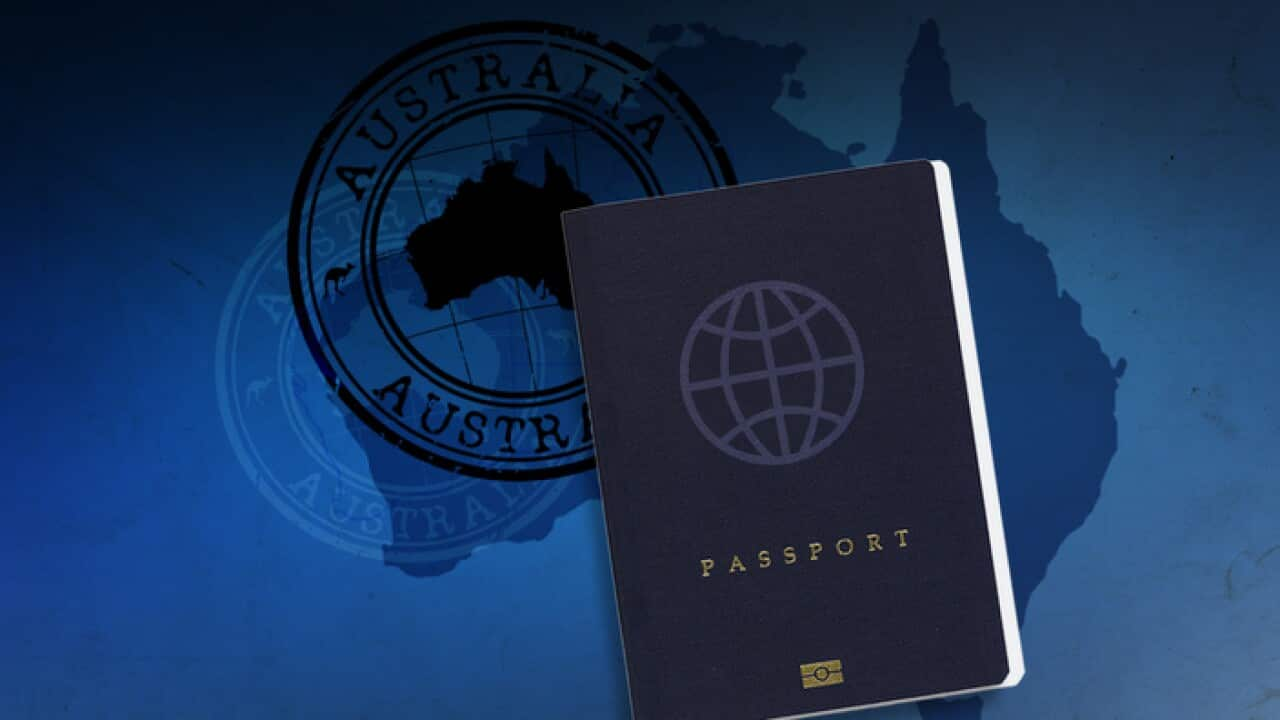The cost of getting an Australian passport climbed slightly to $282 in January this year, up from $277.
But few would complain.
The Australian passport currently gives holders access to 183 nations without having to pay a fee or apply for a visa before arriving.
Based on the Henley Passport Index, a project by the citizenship planning firm Henley and Partners Citizens based on data from the International Air Transport Authority, the passport is among the most useful on earth.
Out of 199 passports and 227 destinations considered in the index, only 21 other countries provide their passport holders more visa-free or on-arrival access to other jurisdictions.
Helping make the Australian passport powerful are its complex security features, strengthened in 2014.
Dr David Beirman, a senior lecturer in tourism at the Univerity of Technology Sydney, says the features are incredibly complex now.
"The Australian government -- in particular, in its current series of passports -- has probably something like 123 embedded security things within the passport to make it very, very difficult to copy. So an Australian passport, generally speaking, when people are travelling, tends to be a very trusted document."
The Henley Passport Index credits Japanese passports as the world's most powerful, providing the ability to travel visa-free to 189 countries.
Japan overtook Singapore to claim top spot after gaining visa-free access to Myanmar this year.
China has risen 14 places to 71st, while the United Arab Emirates (UAE) rose 17 places to 21st place.
Both countries have strengthened trade ties in recent times.
The director of Henley Partners Australia, Tony Le Nevez, says there is additional value to a country providing its citizens with a diverse passport besides allowing them to easily move across borders.
"There's often a lot of economic benefits to a country that can negotiate visa-free access. If you think about China, they are now significant investors into the Middle East, and they have now gained visa-free access to the UAE. A more valuable and a stronger passport leads to travel freedom. It also allows country-to-country business to happen more smoothly."
Every country has the right to determine its own policies regarding which passport holders can enter its borders unrestricted.
Dr Beirman says those policies are often reciprocal, benefiting Australians due to their country's positive image around the world.
To strengthen the Australian passport even further, the government would need to deepen existing visa arrangements with other countries.
Holders of Afghan, Iraqi, Russian, Indian, Pakistani, Sudanese and Saudi passports are among others who face some form of restricted access to Australia.
Afghanistan and Iraq are listed in joint last place on the Henley Passport Index, with visa-free or on-arrival access to just 30 jurisdictions.
Russia has fallen to 47th position, despite receiving a boost in September when Taiwan announced a visa waiver for Russian nationals.
Germany is now in equal-third with 188 destinations, tied with France and South Korea.
The United States and Britain have dropped to equal-fifth, alongside Norway, Austria, Luxembourg, the Netherlands and Portugal.
Share
